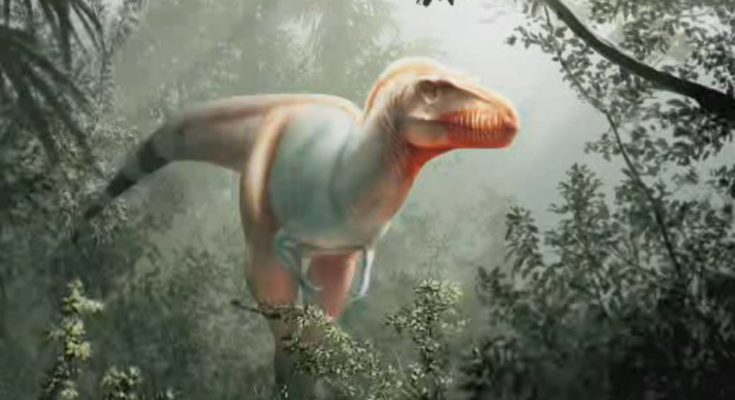In spite of what movies like Jurassic Park and The Land Before Time may persuade, a few dinosaurs might not have aired out hard-shelled eggs as they rose into the world. Rather, they may have had an a lot gentler introduction.
As per two studies distributed in Nature this week, dinosaur eggs may have been, well… squishy.
“The assumption has always been that the ancestral dinosaur egg was hard-shelled,” said Mark Norell, a scientist at the American Museum of Natural History and lead creator on one of the studies, in a press statement. Past eggs in the fossil record for the most part originate from late in the dinosaur timeline, closer to their definitive end nearly 66 million years prior. We have fossilized bones of animals going back 240 million years, however no eggs.
“We’ve found thousands of skeletal remains of ceratopsian dinosaurs, but almost none of their eggs. So why weren’t their eggs preserved?” Norell inquires.
Norell accepts his group have addressed that question in their study finding, in spite of guess dinosaurs produce hard-shelled eggs, there is fossilized proof affirming a few kinds of dinosaur, to be specific, Protoceratops and Mussaurus, delivered delicate shelled eggs. The animals covered and brooded these eggs in clammy soil, similar to certain reptiles do today. Delicate shelled eggs aren’t as impeccably saved as their hard-shelled partners – they deteriorate before allowed to fossilize – leaving a hole in the fossil record.
Presently, that gap might be filled.
A subsequent report gave additional proof, looking at a delicate shelled egg found in Antarctica, which has since been dated at roughly 66 million years of age. It’s the principal at any point fossilized egg found in Antarctica – which was far less nippy than it is presently.
The researchers answerable for the revelation aren’t sure of the egg’s mom, nonetheless. With no early stage stays inside the egg, it’s difficult to state who it had a place with.
The group recommend it was likely laid by a dinosaur because of its assessed weight and its closeness to other found fossilized eggs having a place with non-avian dinosaurs.
The egg itself is immense – the biggest delicate shell at any point found and second biggest ever. The doubt is it was something like a Mosasaur, a gigantic marine dinosaur that watched the seas.
Together, the studies reexamine the hypothesis all dinosaurs laid calcified, hard-shelled eggs – like their chicken relatives – and rather hypothesize dinosaurs may have been progressively like reptiles.
There’s little uncertainty that the eggshells developed after some time to drift more toward hard shells than delicate.
But since there are scarcely any delicate shelled eggs on the fossil record, it’s hard to nail down a strong developmental timetable. Finding an answer comes down to the time the egg was laid and the types of the dinosaur being referred to.
Disclaimer: The views, suggestions, and opinions expressed here are the sole responsibility of the experts. No Just Examiner journalist was involved in the writing and production of this article.




